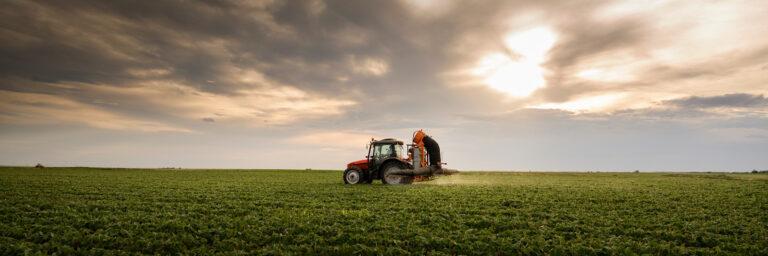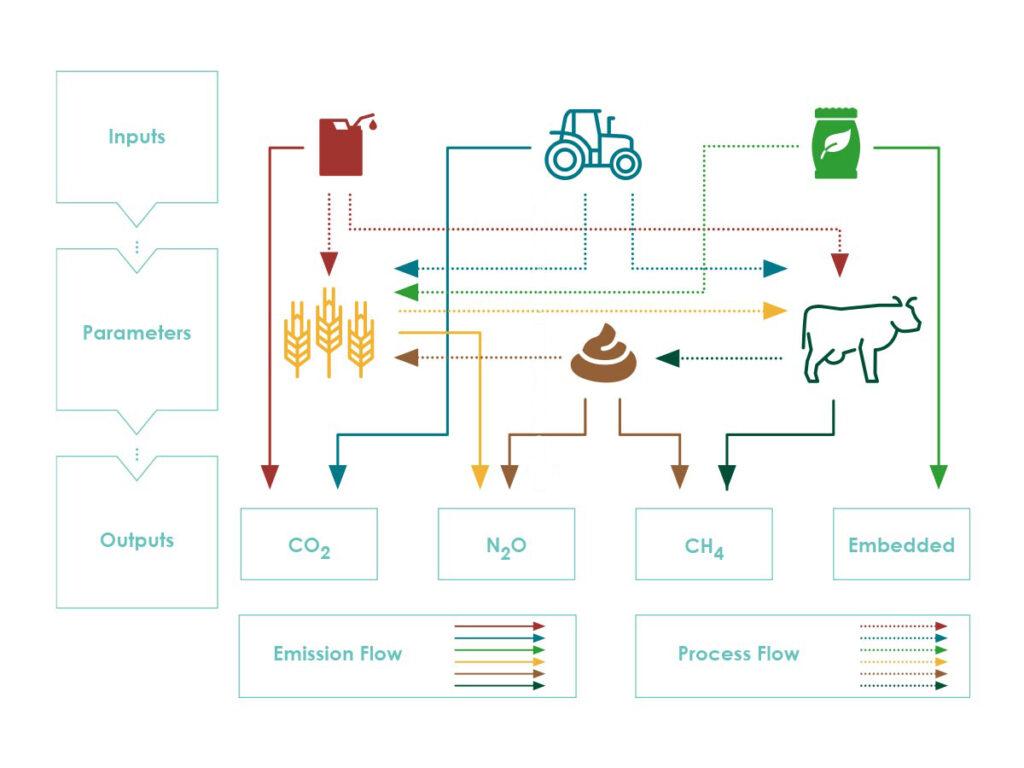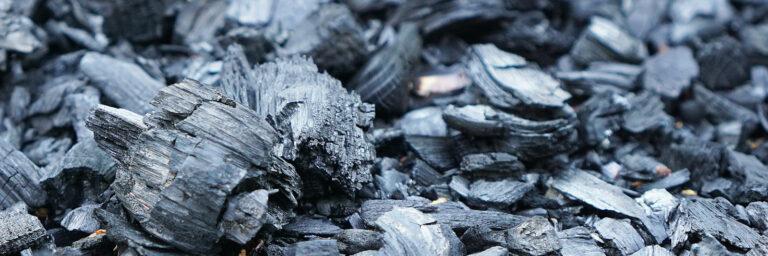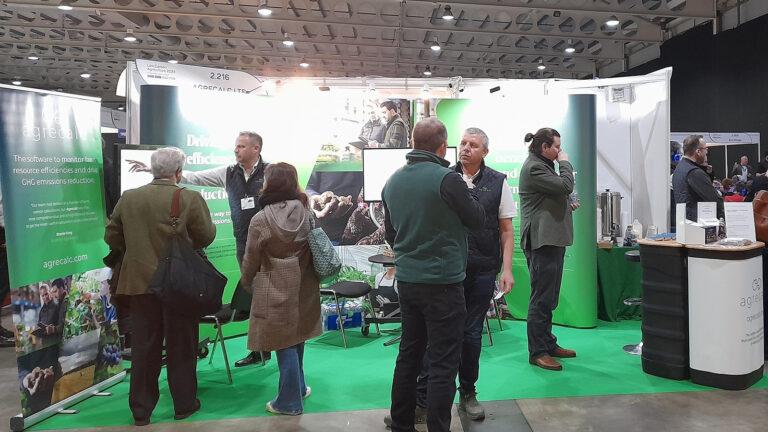
April Business Update: SRUC
After two years of operation as a Limited Company, Agrecalc became part of Scotland’s Rural College (SRUC) as of 1 April 2025.
The agricultural sector is facing unprecedented pressures from the complex challenges of rising global food insecurity, biodiversity loss, increasing global food demand, increasing cost of inputs, and climate change.
In this current uncertain environment, coupled with ambitious legislative net zero targets (in Scotland by 2045), the agri-food sector is facing increasing demands to measure and monitor progress against carbon equivalent (CO2e) reduction targets.
Alongside this, there is also a growing need to provide meaningful analysis of on-farm data, benchmark individual farms against peers / others in the sector and provide targeted mitigation strategies to reduce carbon emissions.
Agrecalc is an agricultural resource efficiency and greenhouse (GHG) emissions calculator that was developed 15 years ago by industry experts in SAC Consulting, in partnership with academic researchers from SRUC. Agrecalc is designed to identify, measure, and baseline the main GHGs associated with agriculture: carbon dioxide (CO2), nitrous oxide (N2O) and methane (CH4), from land use and crops, livestock, energy, waste, woody biomass, and soil. The farm carbon footprint report produced aims to support and enable farmers to make strategic decisions unique to that farm, that reduce carbon emissions, whilst making more efficient use of resources – often also reducing production costs and benefiting whole farm productivity and efficiency.
The growing urgency to reduce GHG emissions coupled with government incentivisation of soil testing and the emergence of soil carbon markets, have caused increased interest in accurately measuring soil carbon sequestration and improving the capacity of agricultural soils to store carbon, contributing towards climate change mitigation goals.

Although Agrecalc first released a novel soil carbon sub-module in 2020, that allowed estimation of soil carbon stock changes at the whole farm level, the development of this module is an actively evolving process. The current iteration of Agrecalc’s soil module is based on IPCC Tier I methodology (2019 refinement guidelines), which considers the influence of land use change, agricultural management, and inputs applied on soil carbon stocks – and considers mineral soil only, for now.
However, later this year sees an exciting stage in Agrecalc’s evolution with the launch of our new cloud-based platform and the addition of new modules and features, but also key updates going forward to existing modules.
For our soil carbon module, as a first step, this includes recognition of organic soils and allowing the farmer to input actual measured soil test results (specified to be to 30cm depth), which aligns with the various devolved Government incentivised soil test programmes around the UK, including the Scottish National Test Programme. Into early 2023, will see further exciting updates, to include a peatland module and the inclusion of the IPCC Tier II steady state model for soil carbon, with horizon scanning of the potential to include Tier II/III biophysical models for soil carbon stock change estimation. The overarching aim of our soil carbon module development will always be to reduce uncertainty in the tool, and increase the reliability and robustness of Agrecalc, so that we can measure and understand the benefits or trade-offs of changing soil management practices on farms.
"The overarching aim of our soil carbon module development will always be to reduce uncertainty in the tool and increase the reliability and robustness of Agrecalc."
Dr Rachael Ramsey
The challenges facing the agricultural sector in the short and medium term is great, and careful management of our agricultural soils is crucial to help achieve our net zero targets. Our mission in Agrecalc is to support farmers on this journey of understanding, identifying, and baselining their emissions, with a tool underpinned by the best science, research and specialist industry and academic knowledge available.
This article is also appearing in The Soil Sentinel, published by SEFARI – Scottish Environment, Food and Agriculture Research Institutions.
Together, we’re celebrating 5th December – World Soil Day. If you want to know more, don’t miss an opportunity to subscribe to their newsletter by emailing [email protected].

Head of Science and Research for Agrecalc. Experienced project manager and agroecologist working in terrestrial ecosystems with an emphasis on assessing the impact of management activities on ecosystem functioning and ecological processes to include GHG emissions, soil cycling (carbon, nitrogen), species diversity and soil health and microbial activity.

After two years of operation as a Limited Company, Agrecalc became part of Scotland’s Rural College (SRUC) as of 1 April 2025.

Biochar is a carbon-rich material produced by pyrolysing biomass, which offers a variety of potential agronomic benefits. In this guest article, Black Bull Biochar discusses how these effects work together to bolster productivity, sustainability, and resilience in farming.

The Agrecalc team is looking forward to welcoming you at our stand (2.844) at this year’s Low Carbon Agriculture Show, taking place on March 5 and 6, at NAEC Stoneleigh near Kenilworth.